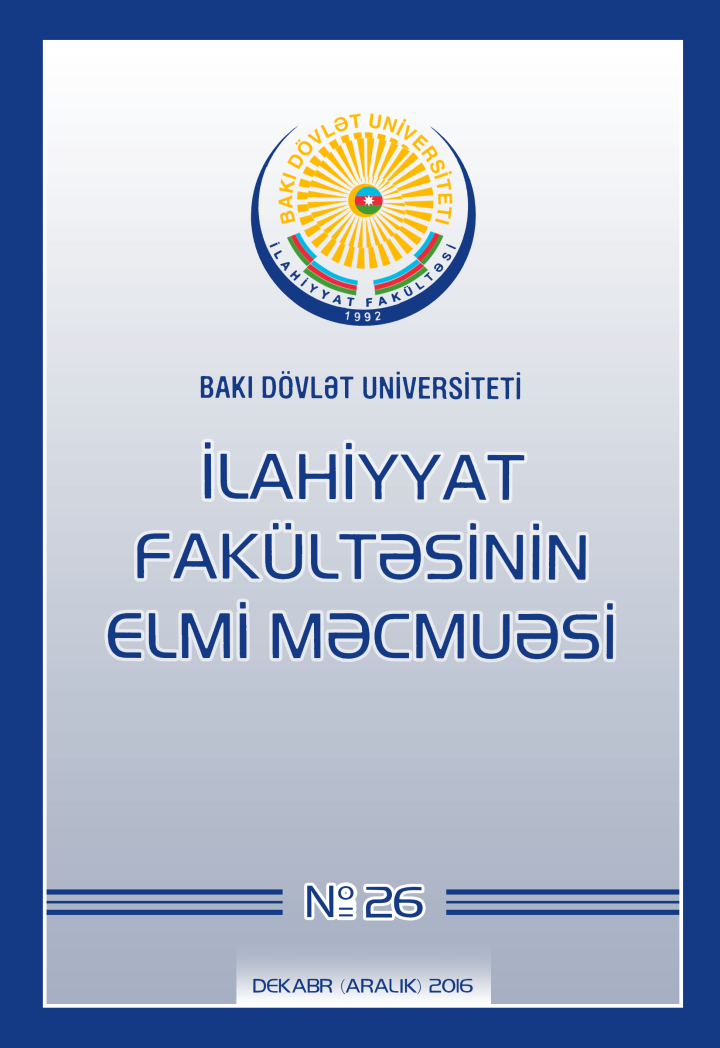Articles
Postmodernizm: zamanın yeni fəlsəfi axını
Postmodernism: A New Philosophical Trend of Our Time
Постмодернизм: новое философское направление времени
Müəlliflər
- Nərman Qocatürk Bakı Dövlət Universiteti Sosial elmlər və psixologiya fakültəsi
Леви-Стросс К. Структурная антропология. М., 2001, 512 c.
Эко У. Отсутствующая структура. М., 1998, 432 c.
Ильин И. Постструктурализм, деконструктивизм, постмодернизм. - М., 1996, 300 c.
Деррида, Ж. Письмо и различие. Пер. с фр. Д. Кралечкина. - М., Академический проект, 2007, 495 c.
Лиотар Ж. -Ф. Феноменология. СПб, Алетейя, 2001, 160 c.
Делёз Ж., Гваттари Ф. Анти-Эдип. Капитализм и шизофрения / Пер. с фр. и послесл. Д. Кралечкина, науч. ред. В. Кузнецов — Екатеринбург: У-Фактория, 2007, 672 c.
Фуко М. Слова и вещи. Археология гуманитарных наук. Пер. с фр. В. П. Визгина и Н. С. Автономовой. СПб. А-cad. 1994, 408 c.
Дьяков А. В. Мишель Фуко и его время. СПб., Алетейя, 2010, 672 c.
Эрибон Д. Мишель Фуко/ Пер. с франц. Е. Э. Бабаевой. — М., Молодая гвардия, 2008, 378 c.
Endirin
Məqalə Məlumatları
- Məqalə Növü Articles
- Təqdim Edildi dekabr 31, 2016
- Yayımlanıb dekabr 31, 2016
- Nömrə № 26(26) Dekabr 2016
- Bölmə Articles
